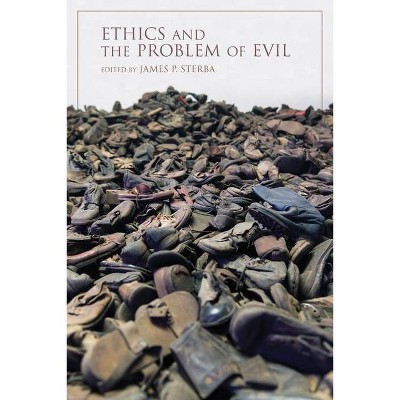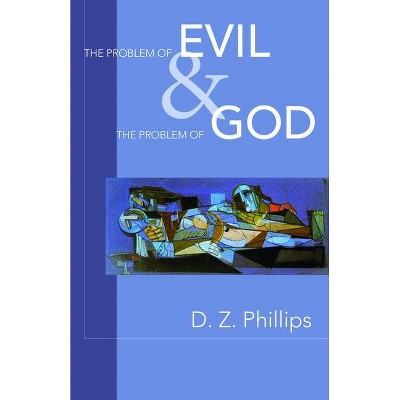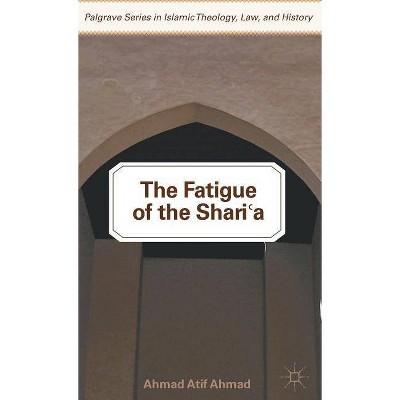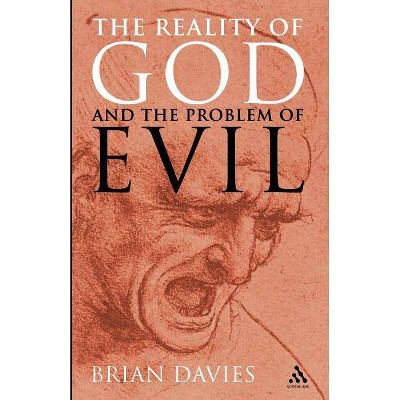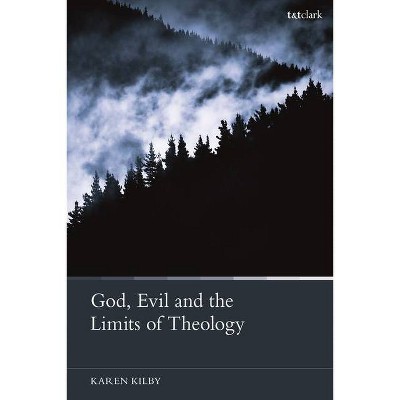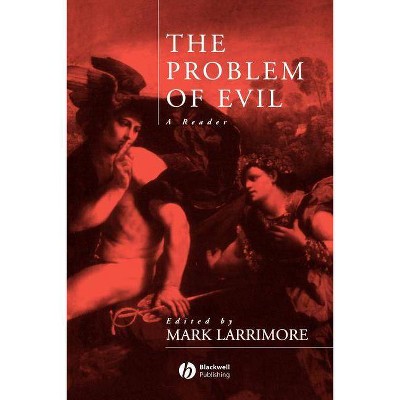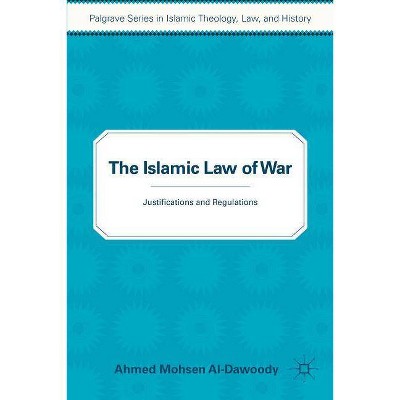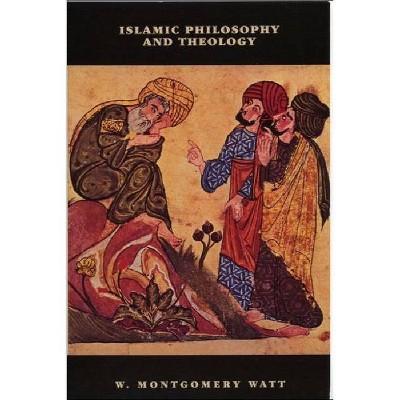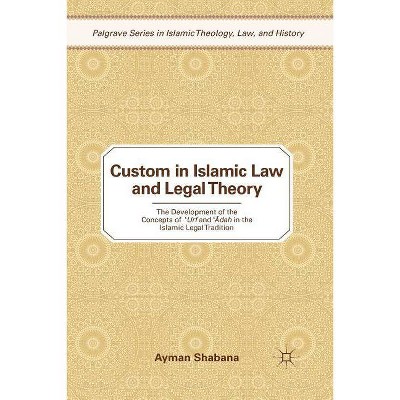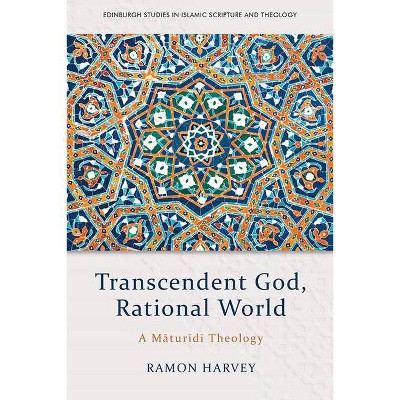Islamic Theology and the Problem of Evil - by Safaruk Chowdhury (Hardcover)
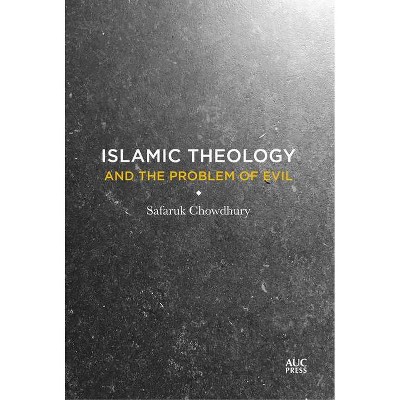
Similar Products
Products of same category from the store
AllProduct info
<p/><br></br><p><b> About the Book </b></p></br></br>"Like their Jewish and Christian co-religionists, Muslims have grappled with how God, who is perfectly good, compassionate, merciful, powerful, and wise permits intense and profuse evil and suffering in the world. At its core, Islamic Theology and the Problem of Evil explores four different problems of evil: human disability, animal suffering, evolutionary natural selection, and Hell. Each study argues in favor of a particular kind of explanation or justification (theodicy) for the respective evil. Safaruk Chowdhury unpacks the notion of evil and its conceptualization within the mainstream Sunni theological tradition, and the various ways in which theologians and philosophers within that tradition have advanced different types of theodicies. He not only builds on previous works on the topic, but also looks at kinds of theodicies previously unexplored within Islamic theology, such as an evolutionary theodicy. Distinguished by its application of an analytic-theology approach to the subject and drawing on insights from works of both medieval Muslim theologians and philosophers and contemporary philosophers of religion, this novel and highly systematic study will appeal to students and scholars, not only of theology but of philosophy as well. "--<p/><br></br><p><b> Book Synopsis </b></p></br></br><p><b>A rigorous study of the problem of evil in Islamic theology</p></b> <p>Like their Jewish and Christian co-religionists, Muslims have grappled with how God, who is perfectly good, compassionate, merciful, powerful, and wise permits intense and profuse evil and suffering in the world. At its core, <i>Islamic Theology and the Problem of Evil</i> explores four different problems of evil: human disability, animal suffering, evolutionary natural selection, and Hell. Each study argues in favor of a particular kind of explanation or justification (theodicy) for the respective evil. Safaruk Chowdhury unpacks the notion of evil and its conceptualization within the mainstream Sunni theological tradition, and the various ways in which theologians and philosophers within that tradition have advanced different types of theodicies. He not only builds on previous works on the topic, but also looks at kinds of theodicies previously unexplored within Islamic theology, such as an evolutionary theodicy.</p> <p>Distinguished by its application of an analytic-theology approach to the subject and drawing on insights from works of both medieval Muslim theologians and philosophers and contemporary philosophers of religion, this novel and highly systematic study will appeal to students and scholars, not only of theology but of philosophy as well. </p><p/><br></br><p><b> Review Quotes </b></p></br></br><br>"A valuable resource for those interested in philosophy of religion, comparative theology, and Islam . . . Recommended."--<b><i>CHOICE</i></b> <p/> <p/><p>"This fascinating work of constructive theology is a significant new contribution to reflection on the problem of evil. Writing from a contemporary Muslim perspective that draws on the rich resources of the Islamic tradition and recent analytical philosophy of religion, Chowdhury ventures fresh interventions on God's purposes in human disability, animal suffering, evolutionary natural selection, and hell that seek to be both thoughtful and caring."--<b>Jon Hoover, University of Nottingham</b> <p/></p><p>"Safaruk Chowdhury has skillfully summoned a diverse range of sources in the Islamic intellectual tradition, producing a rigorous and systematic contribution, both to the contemporary discussion of the problem of evil carried out among contemporary analytic philosophers of religion and to the currently developing field of Islamic analytic theology."--<b>Edward R. Moad, Qatar University</b> <p/></p><p>"The question of why humans and non-human creation suffer is a troubling issue even for the most staunch and dedicated religious devotee. In this groundbreaking study, Safaruk Chowdhury has provided an articulate and fascinating exposition of how this question was tackled by the Islamic intellectual tradition through the lens of theodicy and employing contemporary analytical theology as his guiding method. Thus, it is a vital addition to the emergent literature on this under discussed and challenging topic."--<b>Gavin Picken, Hamad Bin Khalifa University, Qatar</b></p><br>
Price History
Cheapest price in the interval: 56.99 on October 22, 2021
Most expensive price in the interval: 56.99 on December 20, 2021
Price Archive shows prices from various stores, lets you see history and find the cheapest. There is no actual sale on the website. For all support, inquiry and suggestion messages communication@pricearchive.us
